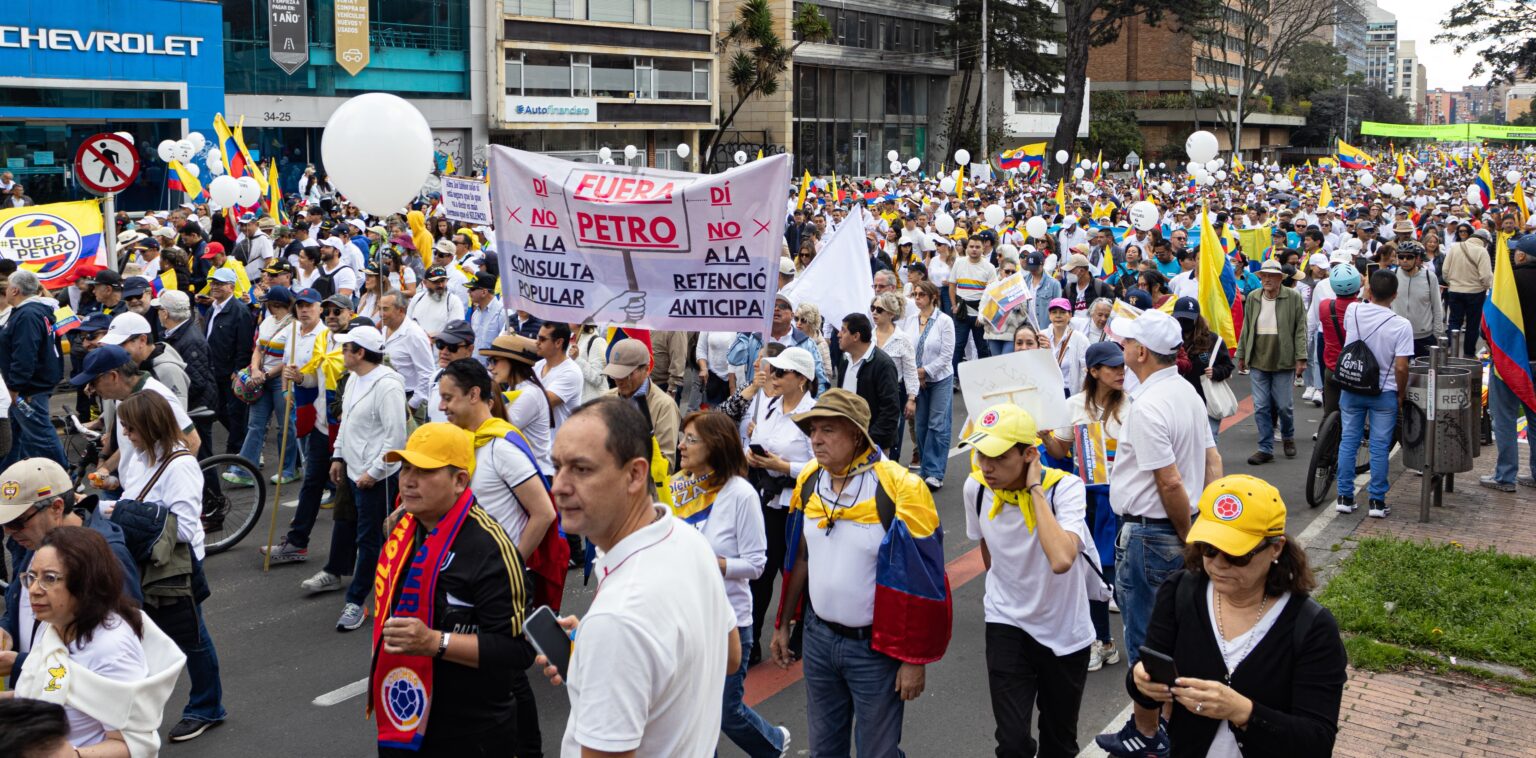Petro Issues Decree To Bypass Congress
Colombian President Gustavo Petro has signed Decree 0639 to summon voters to the polls on 7 August, asking them to decide whether the work-week should be capped at eight hours a day and whether gig-economy couriers must become formal employees. The move followed months of gridlock in Congress, where opposition lawmakers repeatedly slowed or amended his flagship labor bill. By invoking article 103 of the constitution, Petro argued that a “popular consultation” is the fastest way to deliver on campaign promises of fair pay and secure contracts for the 56 percent of Colombians currently working in the informal sector.
Legal And Political Pushback Mounts
Within days, senators from the Conservative and Democratic Center parties filed an injunction at the Council of State, claiming the president overstepped because any referendum must first be authorised by the Senate. On 18 June the high administrative court provisionally suspended the decree, stating that bypassing the legislature could violate the separation of powers. Petro blasted the decision as “lawfare,” while critics such as former president Álvaro Uribe called the decree a “constitutional coup.” The showdown adds to a growing list of court battles over Petro’s reform agenda, which also includes tax and health-care overhauls.
What The Reform Would Change
The draft sent to voters mirrors a bill the Senate partially approved on 17 June. It would:
- Restore Sunday and late-night overtime surcharges to 100 percent and 75 percent, respectively.
- Force digital-delivery platforms to hire couriers as employees, paying into health insurance and pensions.
- Limit temporary contracts to one extension before a worker must be offered an indefinite deal.
- Gradually cut the maximum workday from ten to eight hours, aligning Colombia with International Labour Organization standards.
Business associations warn the changes will raise labour costs by up to 20 percent and could push small firms to lay off staff or move them off the books. Labour federations, however, say stronger protections will boost productivity and reduce accidents in a country where one in four workers earns less than the minimum wage.
Possible Scenarios Ahead
Petro has promised mass rallies—dubbed the “Great Mobilisation for Peace and Democracy”—to keep public pressure on lawmakers and judges. If the Council of State upholds the suspension, the labour bill must return to a joint House-Senate reconciliation committee and could still be enacted through ordinary legislation before the current session closes on 20 June. Should the courts lift the freeze, the National Registry would have six weeks to print ballots and organise the referendum, costing an estimated 350 billion pesos (about US$90 million). Both paths carry risks: voters might reject the package if unemployment, now at 10.7 percent, ticks higher, while a stalled bill would weaken Petro’s political capital before regional elections in October.
Either way, the battle has become a test of how far Latin America’s first left-wing Colombian president can stretch executive power to pursue an ambitious social agenda. Analysts note that Petro has already replaced three cabinet ministers this year and lost key coalition partners, leaving him increasingly reliant on street support and executive decrees. For Congress, meanwhile, the fight is a chance to reassert its role after years of public distrust—a Gallup poll in May showed legislative approval stuck at just 21 percent.


